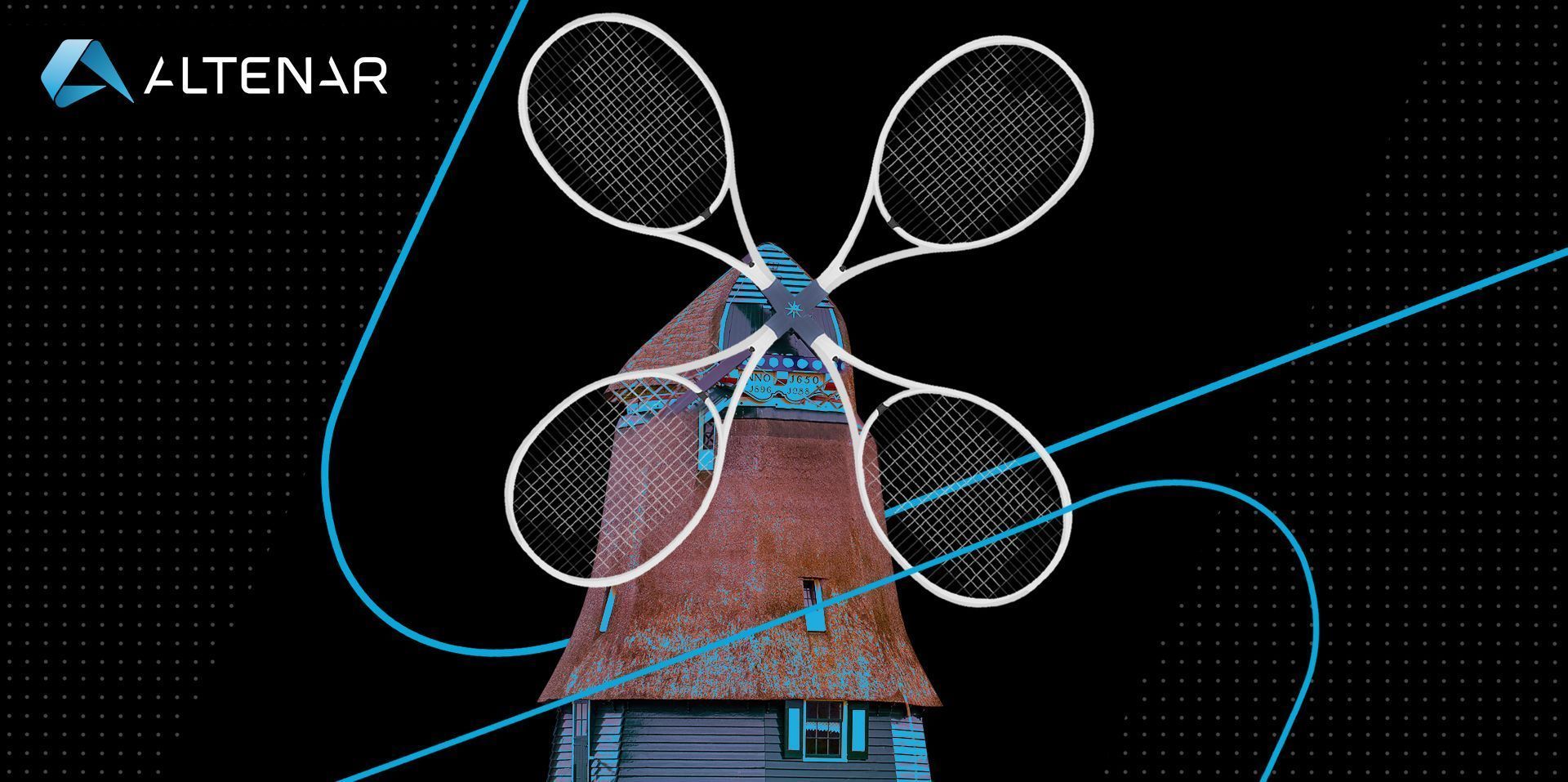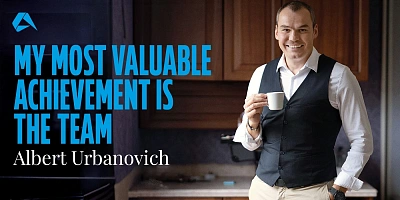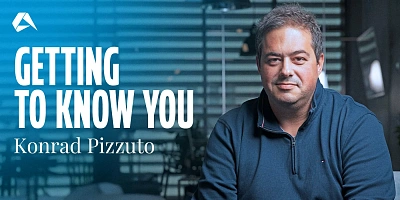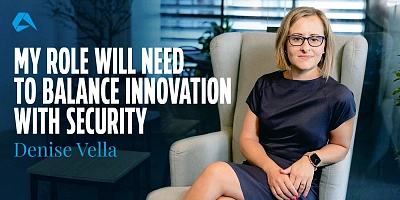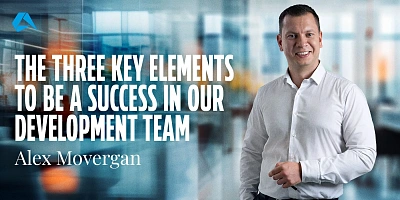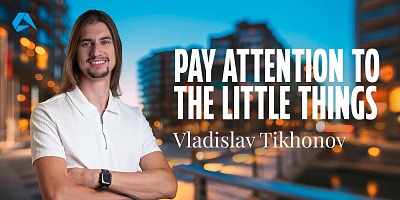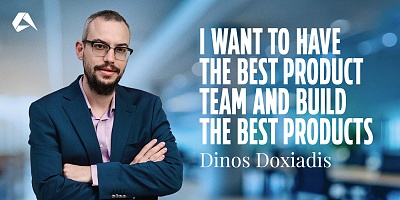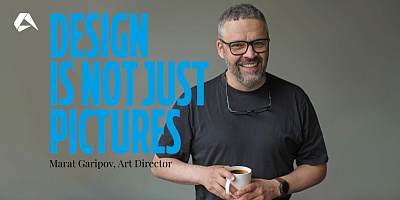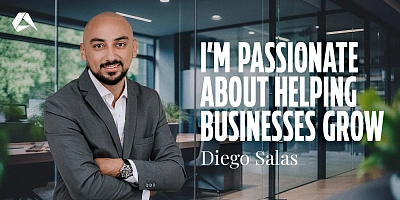Congratulations on going to live in the Netherlands! What kind of impact are you expecting to make in this exciting market?
The Netherlands is a rich country and, subsequently, Dutch consumers have a high-spend ability. For this reason, I believe that as the market develops into a properly regulated environment, the increased level of trust will ensure that more and more Dutch citizens will give betting a try.
I also believe that the Netherlands will become a very interesting proposition when it comes to consumer behaviour, and it will also be a good indicator of what could happen in nearby Germany. I think successful Dutch regulation will translate into successful German regulation (which, in many ways, is still a work in progress). The reason for this, of course, is that much of the demographic and economic profiles of players in both countries is markedly similar.
How difficult has it been to navigate the regulatory requirements for the Netherlands, and how is your perseverance here set to pay off?
It was not difficult at all to get the technical certification. This is down to the fact that we have a number of years of experience acquiring the relevant technical certification for the 10+ major global markets we are already live in.
However, with the Netherlands there is a particular requirement that Altenar needs to prove that we take significant steps against sports corruption, which is a key part of the licensing process, and one that we welcome. Of course, we do everything possible to fight corruption, match fixing, etc., but this can be difficult to prove. To provide evidence of our efforts, we have decided to participate in anti-corruption initiatives that the MGA Maltese Gaming Authority has taken, as well as the IBIA, International Betting Integrity Association, of which we will become a full member very soon, as well as joining Sportradar’s anti-corruption effort. All of these steps have been taken to prove that Altenar is participating actively on anti-match fixing, anti-corruption processes, and the like – and we hope this will showcase our credentials as a truly ethical supplier.
What particular Altenar products are going to perform well with players in this market?
Fr om our research and intuition towards the market, I believe mainstream European football will perform well, whether that’s the local Eredivisie, Bundesliga, La Liga or the Premier League. I am also confident that tennis will be an interesting and important performer, which should offer a solid diverse spread of betting demographics. In principle, I believe these two sports will be the main revenue drivers in the market, and I am looking forward to seeing how well they perform in the Netherlands.
Which Netherlands demographics will be catered to by these products?
This market is decidedly male-driven, but we are hoping for some balance. The most important thing we need is for the people to consider gambling as entertainment and not as a method to make money. Once it’s viewed as entertainment, then we’re talking about a much more mainstream audience. Ideally, we would like the consumer to approach gambling as an avenue to entertain themselves, with any resulting financial return just a collateral benefit that is part of the overall enjoyment of sporting action. Trying to make a profit should not be the main scope, as presenting such a product in this format will greatly lim it potential demographics.
Looking ahead to the next 12 months, how does certification in the Netherlands factor into Altenar’s roadmap for continued expansion?
We have the certification, now we just have to retain it! The stage is set, and the real work starts now: our plans for the coming months will centre around building a customer base and making a serious impact on this market. I’m very proud of all our team members who have put in so much hard work to make this happen, and I have no doubt that we’ll be able to show our future operator partners why we’re becoming one of the best sportsbooks in the world!
